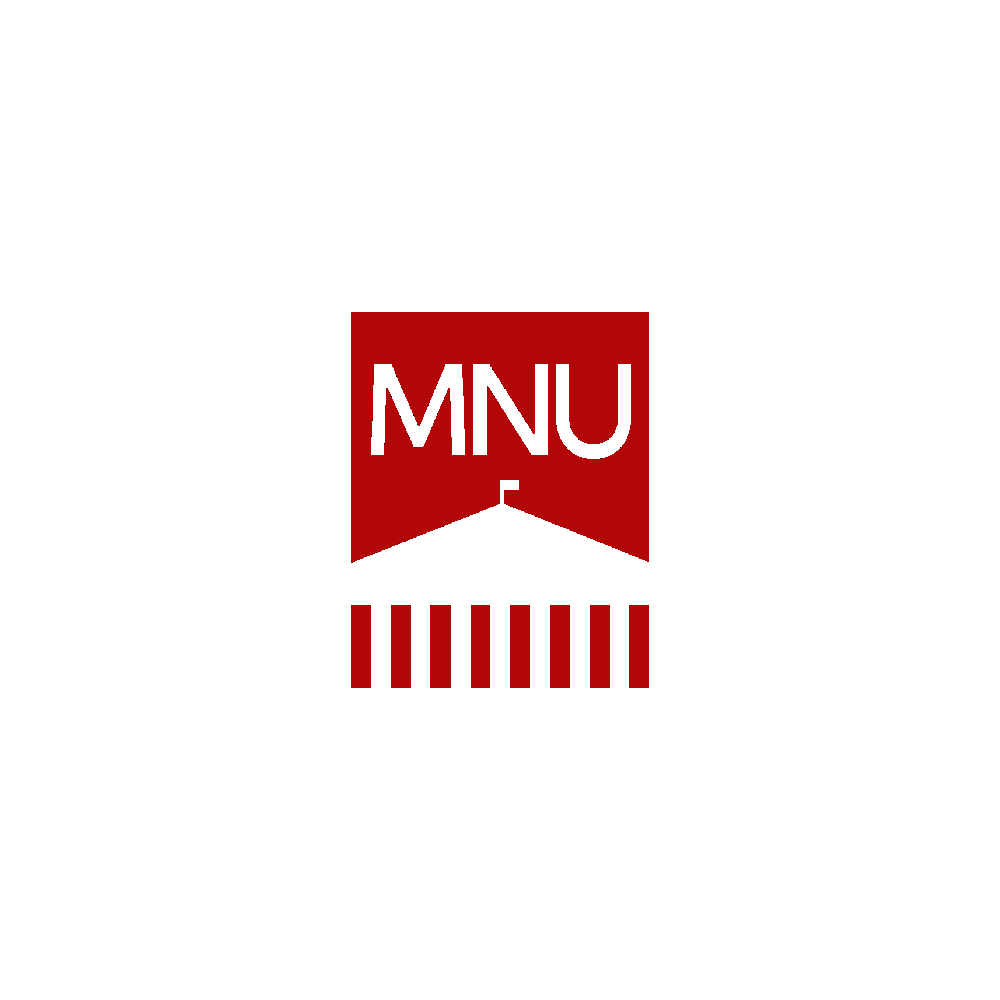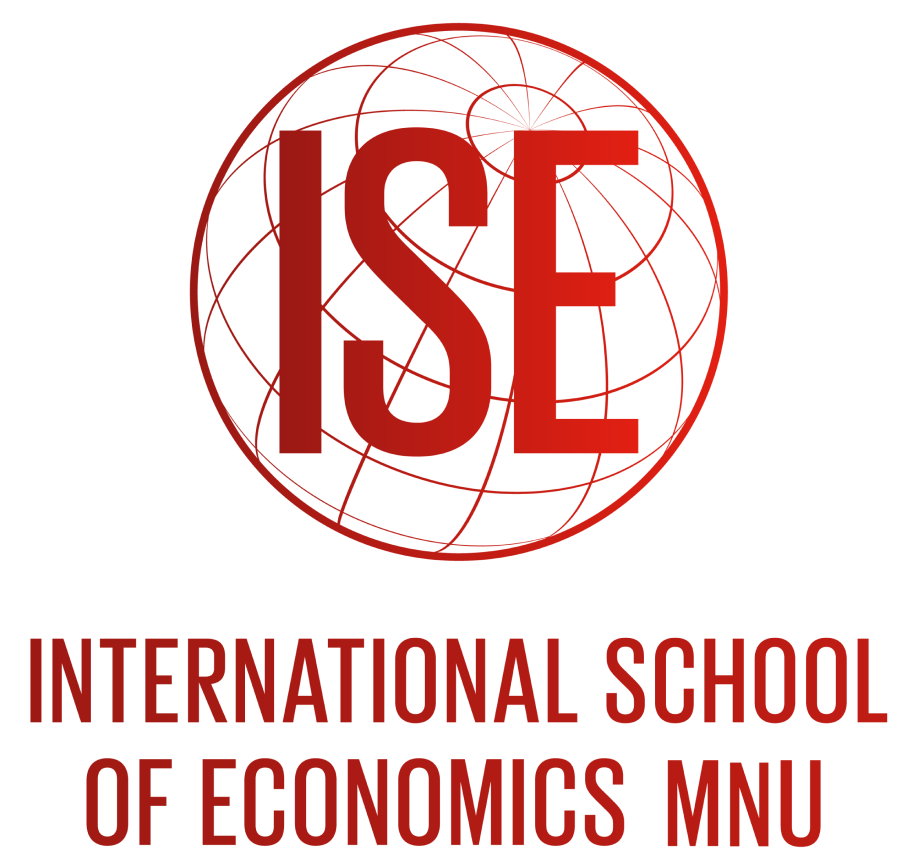

The III ISE MNU Student Research Conference – 2025 took place...
Students from the International School of Economics at Maqsut...
Maqsut Narikbayev University (MNU) is taking its postgraduate...
The 9th meeting of the Business Council of the International ...
• by enabling synergy of research and industry expertise,
• by promoting a culture of excellence in teaching, research, and management,
• by empowering students from diverse backgrounds.
Values: • Professionalism • Accountability & Transparency • Growth mindset
Through commitment to these values, we help each member of our community to grow.
The International School of Economics was established in 2005 by the decision of the MNU University Board of Directors. The ISE is structured as follows:
Business Council is a formal body within the ISE organizational structure responsible for the ISE’s strategy and further development. The members of the Business Council are senior managers of public and quasi-public sectors, as well as private companies. Through the annual meetings, ISE Business Council translates the industry agenda to the ISE decision-makers helping to shape the content of education in line with the industry expectations.
The Center for Global and Regional Governance (CEGREG) was established in 2024 within the International School of Economics at Maqsut Narikbayev University in Astana, Kazakhstan. The Center is dedicated to advancing research in international relations, with a specific focus on global and regional governance. It seeks to integrate the study of international relations with the exploration of governance systems that influence global and regional order, emphasizing perspectives from Kazakhstan and Central Asia.
The Center for Economic Research is a leading institute at Maqsut Narikbayev University, committed to developing innovative solutions to the most pressing economic challenges at both the local and global levels. Its mission is to advance economic knowledge and deliver evidence-based insights that inform policy, guide business practices, and contribute to societal well-being.
ISE Committees are the faculty self-governance bodies. They have their established compositions consisting of the faculty members (voting members) and all ISE administrators (non-voting members).
The academic quality of the ISE undergraduate and graduate programs is managed by the Academic Quality Committee (AQC). It considers and approves academic programs, curricula, course syllabi, exam assignments and thesis topics. In addition to elected faculty members, it includes all program coordinators and ISE student representatives. In Fall 2014, the newly established ISE Performance Appraisal and Promotion Committee has introduced a new merit-based faculty performance evaluation system and its first results were reviewed at the end of Spring 2015. The Committee has regular meetings for conducting the faculty evaluation (twice a year) and hiring process (when applicable). Additionally, it is regularly involved in the discussion of policies and issues related to the academic staff appraisal and promotion. ISE Ethics Committee considers disciplinary and ethical issues, particularly complaints from the ISE students and faculty, violation of the Code of Conduct by students, staff and faculty, research-related ethical issues, etc. The Committee consists of five voting faculty members and non-voting administrators.
The goal of the ISE Committee for Scientific Research is to evaluate research projects conducted by students and faculty and to provide ethical clearance. The Committee is also responsible for approving thesis topics.
Dean, Vice Deans, Students Advisers, ISE Internship, Career and Employment Centre officers and Tutor Manager for Graduate Studies represent the ISE administration.
ISE offers seven undergraduate (Bachelor) programs, three Master’s programs and one PhD program (more information in the section Admission).
Maqsut Narikbayev University values analytical thinking, creativity, practical problem-solving, and broad, new ideas that encourage the MNU community to serve the society.
The Bachelor of Business Administration (BBA) in Marketing is designed to provide students with the analytical and practi...
View detailsThe Bachelor of Business Administration (BBA) program in Management is designed to provide students with a comprehensive ...
View detailsThe Business Administration (BBA) program in Information Technology is aimed at training professionals with advanced know...
View detailsBA in International Relations prepares students for careers in government, international organizations, global NGOs, corp...
View detailsThe Bachelor of Business Administration (BBA) program in Finance is aimed to prepare students for successful careers in i...
View detailsThe Bachelor in Business Administration (BBA) program in Economics and Data Science is aimed at training professionals wi...
View detailsThe Bachelor in Business Administration (BBA) programme in Accounting is aimed at training professionals with theoretical...
View detailsThe programme is designed to train highly qualified specialists in the field of international relations, equipping them w...
View detailsThe Master’s Programme in Economics adheres to international educational standards while emphasizing local content. The p...
View detailsThe Master’s program is recognized for incorporating at least 70 percent of the CFA Program Candidate Body of Knowledge (...
View detailsThe PhD program in Economics is aimed to develop rigorous theoretical knowledge and practical research skills to shape fu...
View detailsEach year, in September and October (for spring semester applications) and March and April (for autumn semester applications), the University's International Office helps students with enrollment to one of our partner universities for 1-2 semesters through bilateral agreements and memorandums.
ISE Academic Quality Committee (AQC) is responsible for the programmes’ academic quality at undergraduate and postgraduate levels. The functions of the Committee include but are not limited to approvals of academic programs, curricula, course syllabi, and exam assignments. Its voting members include voting faculty members, heads of the programs, and ISE student representatives, along with non-voting school administration.
ISE Performance Appraisal and Promotion Committee conducts faculty evaluation (twice a year) and hiring process (when applicable). Additionally, it is regularly involved in the discussion of policies and issues related to academic staff appraisal and promotion.
ISE Ethics Committee considers disciplinary and ethical issues, particularly complaints from the ISE students and faculty, violation of the Code of Conduct by students, staff and faculty, research-related ethical issues, etc. The Committee consists of voting faculty members and non-voting administrators.
The ISE Committee for Scientific Research oversees compliance with Research Ethics Policy, outlining the principles and norms of ethical scientific research for ISE employees and students, the process for ethical review of research projects, a list of violations of research ethics, types of sanctions for violations and procedures for their enforcement.